This issue covers:
- LVD and EMC Directive changes
- TSB fund to stimulate electronics innovation
- Jewson tools up with Clare
- New appliance Ecodesign website launched
- Warning over sub-standard cables
- LED astray – taking fake LED lights off the market
LVD and EMC Directive changes
The Association of Manufacturers of Domestic Appliances (AMDEA) says that recent amendments to two European electrical safety directives will lead to the introduction of new UK regulations very soon.
Recent changes to both the Low Voltage (LVD) Directive and the Electromagnetic Compatibility (EMC) Directive will mean the introduction of new UK Regulations to enable the revised measures to be transposed into UK law.
AMDEA will notify members when the required industry consultations are published and it will follow with member briefings on the topic later this year.
Any safety aspects of electrical appliances not already covered by these two pieces of legislation are dealt with under the General Product Safety Directive which is also currently being reviewed.
More details at www.amdea.org.uk
TSB fund to stimulate electronics innovation
The Technology Strategy Board, Invest Northern Ireland (Invest NI) and Highlands and Islands Enterprise (HIE) are to invest up to £2.75m in collaborative feasibility studies to stimulate innovation across four technology areas that will enable and underpin UK growth.
The four sectors are advanced materials; biosciences; electronics, sensors and photonics, and information and communications technology (ICT).
The aim is to ensure that small and micro businesses in the UK are well equipped, and suitably integrated within supply chains, to respond to market opportunities across a range of economic sectors.
Projects must be led by a small or micro company, in collaboration with one or more business or research partners. Projects are expected to range from total costs of £50k to £150k, and to last from six to 15 months.
TSB expect to fund feasibility studies (pre-industrial research projects), in which a business partner will generally attract up to 65% public funding for their project costs (75% for SMEs).
The deadline for applications is noon on 25 June 2014. More details at https://www.innovateuk.org
Jewson tools up with Clare
One of the UK’s leading suppliers of sustainable timber and building materials uses Clare electrical safety testing technology as part of its ongoing commitment to health and safety - more than 30 Jewson Tool Hire centres have been fitted with specialist Clare B255 testers.
The Clare B255 tester has a comprehensive electrical safety testing capability and has become the product of choice within the Tool Hire, service and repair industries. The compact bench top tester enables electrical safety tests to be carried out quickly and effectively, ensuring that power tools and other electrical rental equipment functions correctly with maximum safety.
The B255 enables the full suite of electrical safety tests to be carried out and includes earth/ground bond and hipot/flash testing alongside load, run and leakage testing.
In the Jewson branches the tester is used as part of an overall process which ensures that all hand held power tools and construction equipment are routinely serviced, tested and recorded before being made available for hire.
The testing is linked to computerised records and service schedules to ensure that the correct functionality and safe operation of all hire and rental equipment is maintained at all times.
Lee Percival, Jewson Tool Hire Regional Director for the North and Scotland, said: “We work in partnership with Seaward to ensure all our Tool Hire branches meet the HAE standards for electrical safety testing.”
Electrical safety testing with the Clare B255 ensures compliance with European and International standards for Class I and Class II electrical products, such as EN60335, EN61029, EN60065, EN50144 and EN60745.
New appliance Ecodesign website launched
A dedicated new project website has been established to study the Ecodesign Working Plan 2015-2017 implementing Directive 2009/125/EC (Ecodesign Directive).
The Ecodesign Directive 2009/125/EC is the cornerstone of the EU’s sustainable industrial policy, which aims at fostering an improved environmental performance of appliances and products in the market.
It establishes a framework for setting ecodesign requirements through Implementing Measures for energy-related products. So far the focus has been on reducing energy consumption, including setting time limits for phasing out less energy efficient products.
The current project will develop another list of product groups and assess which to prioritise. There are three key factors taken into consideration when deciding which product groups are more urgent – the number of units sold (more than 200,000 per year); how big an environmental impact they have; and the potential for significantly improving that impact without excessive costs.
For details visit www.ecodesign-wp3.eu/
Warning over sub-standard cables
As part of its continuing campaign the Approved Cables Initiative (ACI) has produced a new poster to highlight the issue of sub-standard cable to the cable supply industry and wider public.
The poster can be downloaded from the ACI website and is intended to highlight a key concern within the cable supply chain that sub-standard cable isn’t always obvious, even to the trained eye. The ACI believes many cables go unchecked unless they are subjected to routine tests as part of an installation process.
The ACI advises all to be vigilant and proactive when it comes to ensuring you have made the right cable choice. Please note that downloading and displaying the poster does not imply or confer membership, certification or approval by the ACI.
For details visit www.aci.org.uk
LED astray – taking fake LED lights off the market
LED lighting has been embraced because of its energy efficiency but consumer safety charity, Electrical Safety First, is highlighting the potential dangers of substandard and counterfeit LED lights. In partnership with Trading Standards (TS) Imports Team, it has been working to help remove these products from the UK.
Steve Curtler, Product Safety Manager at Electrical Safety First, recently gave a presentation to Suffolk TS on how to identify substandard and fake LED lamps intended for domestic and general use. Suffolk TS covers Felixstowe, the UK’s largest port and hosts the Single Point of Contact for the UK’s border controls. Through its monitoring of products arriving from outside the EU, it found increasing numbers of substandard and counterfeit LEDs being imported into the country.
Electrical Safety First has a long-standing relationship with Suffolk TS and has previously developed a checklist for its officers, to help identify fake and substandard chargers – another common item that has found its way onto the UK market.
“Some estimate the cost of counterfeiting to the UK economy to be as high as £30 billion but it’s the damage – to people and property – that particularly concerns us”, explains Steve. “And it’s a growing concern, as LED lamps become increasingly popular and mainstream. Fake LEDs can overheat and lead to fires, which can take hold after people have turned them off and gone to bed - which is when a fire is much more likely to go undetected and become much more dangerous.”
Electrical Safety First is planning further work with Suffolk TS, including developing similar ‘checklists for counterfeits’ material for European market surveillance authorities.
Do you use Clare or Cropico equipment? - If you think you may have a story for future e-news bulletins, please let us know by contacting us here.
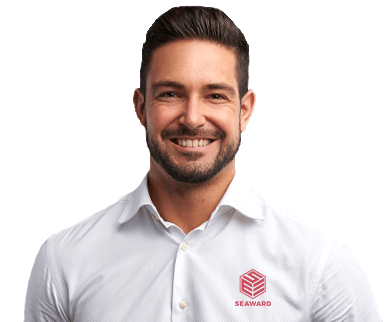


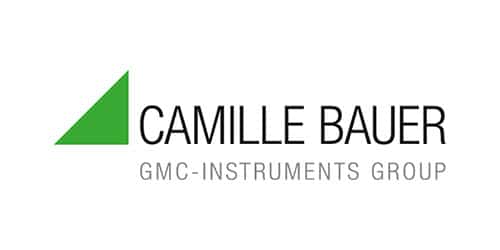
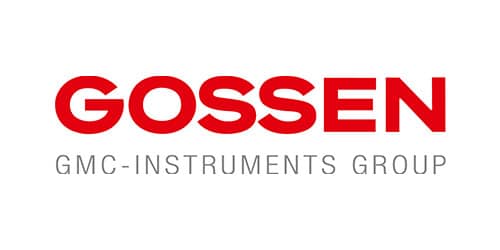
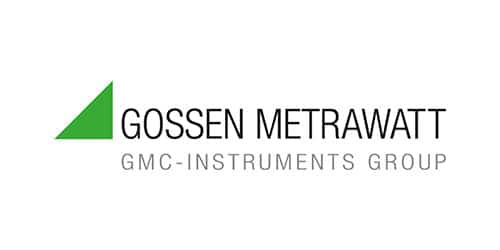
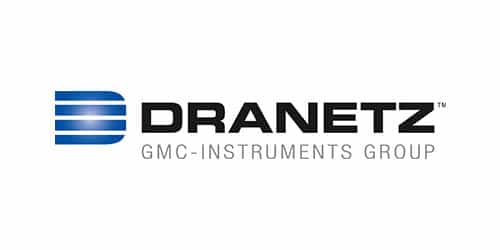
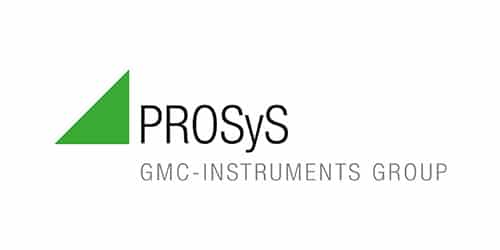
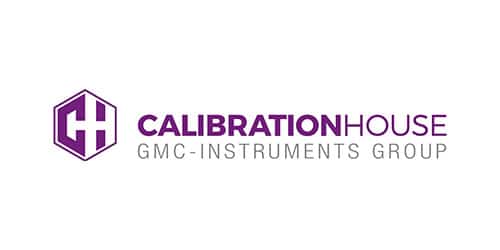
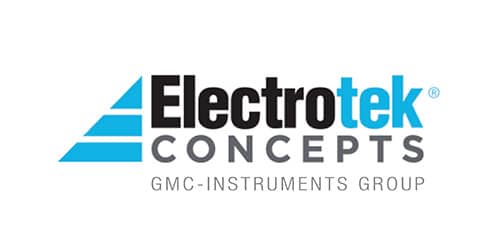
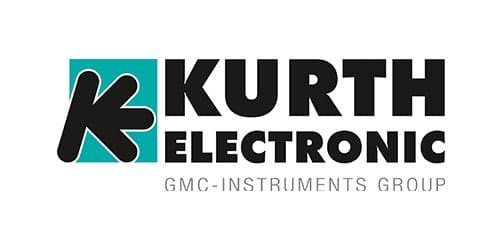
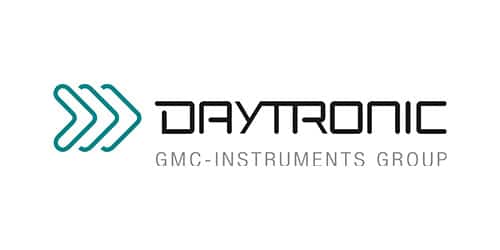
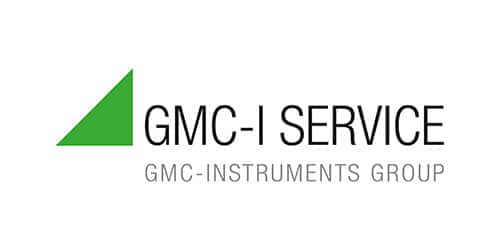
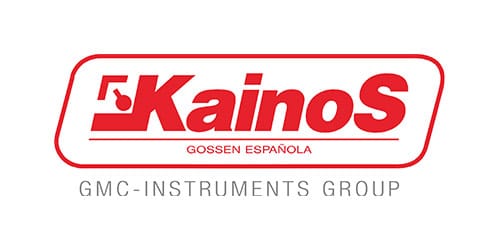
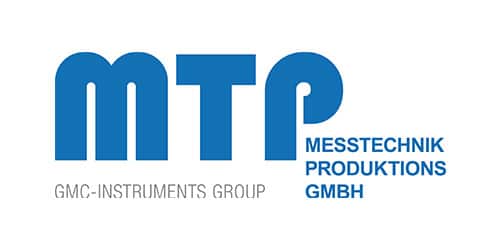
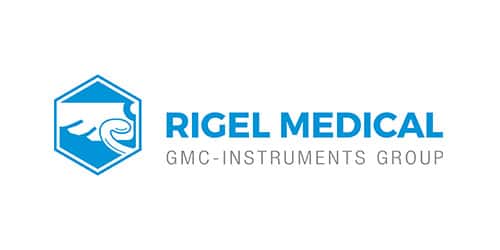
Sign up to our Newsletter.
Stay up to date with the latest industry and product news, as well as our free educational content such as webinars and our expert guides.
Close